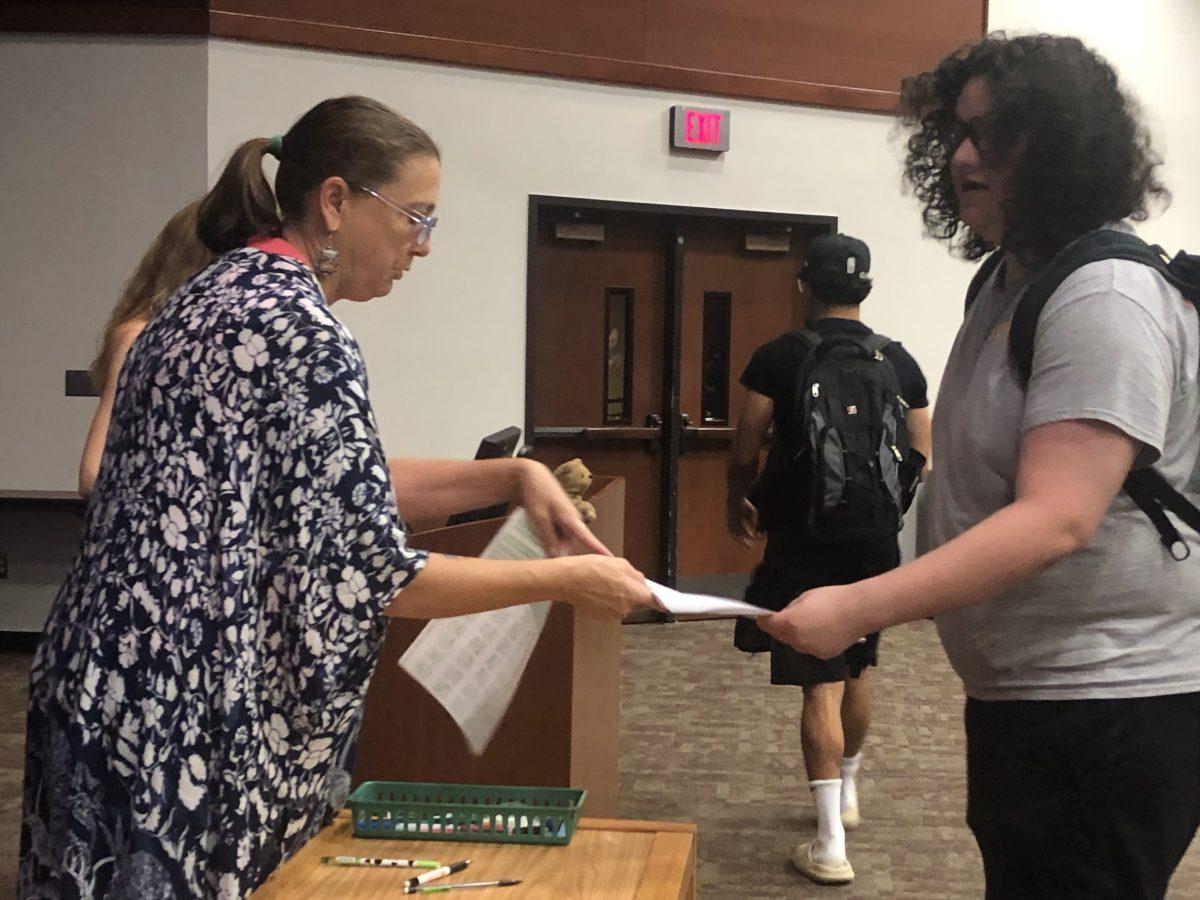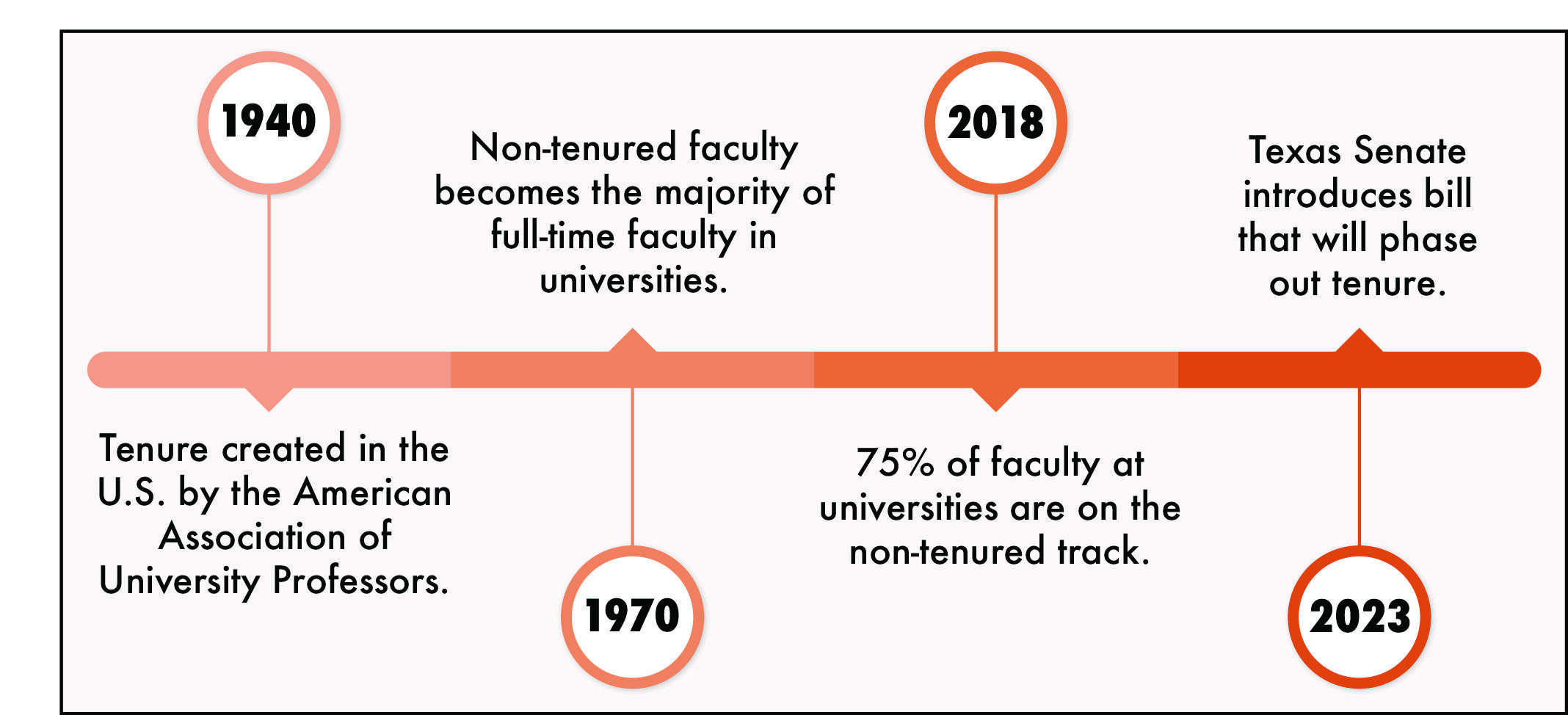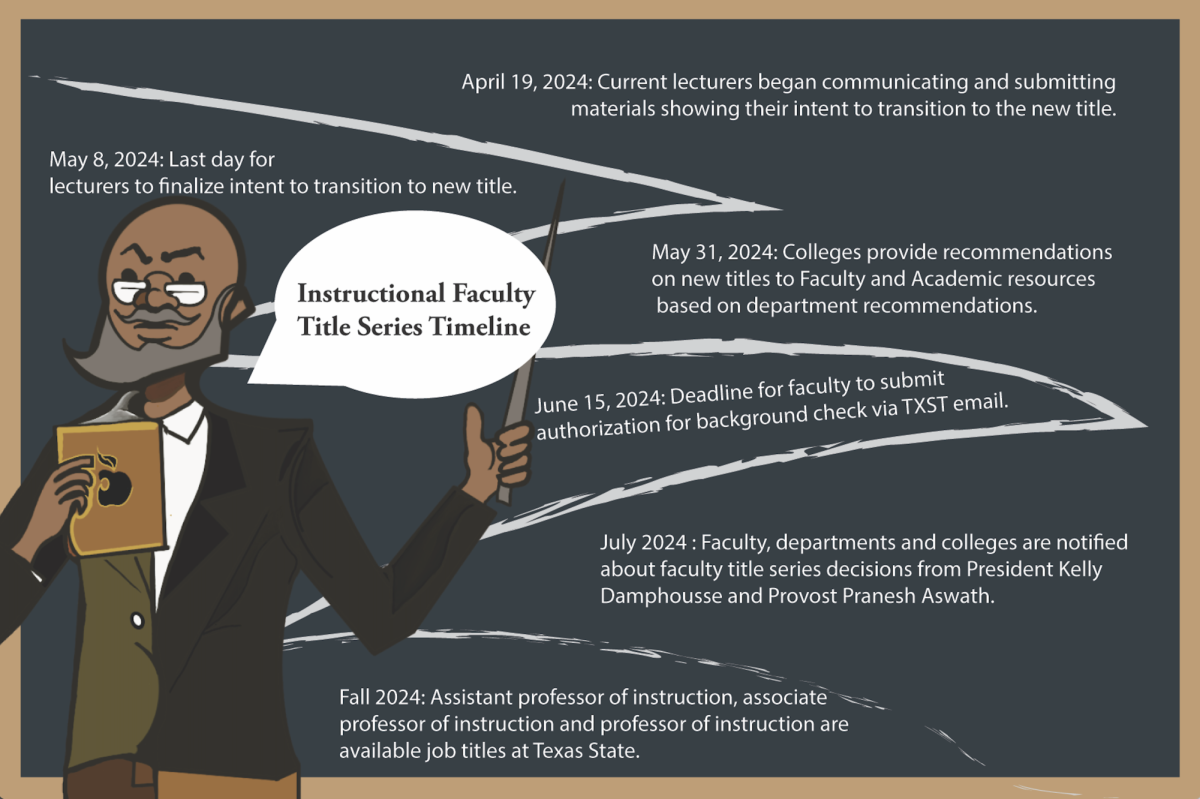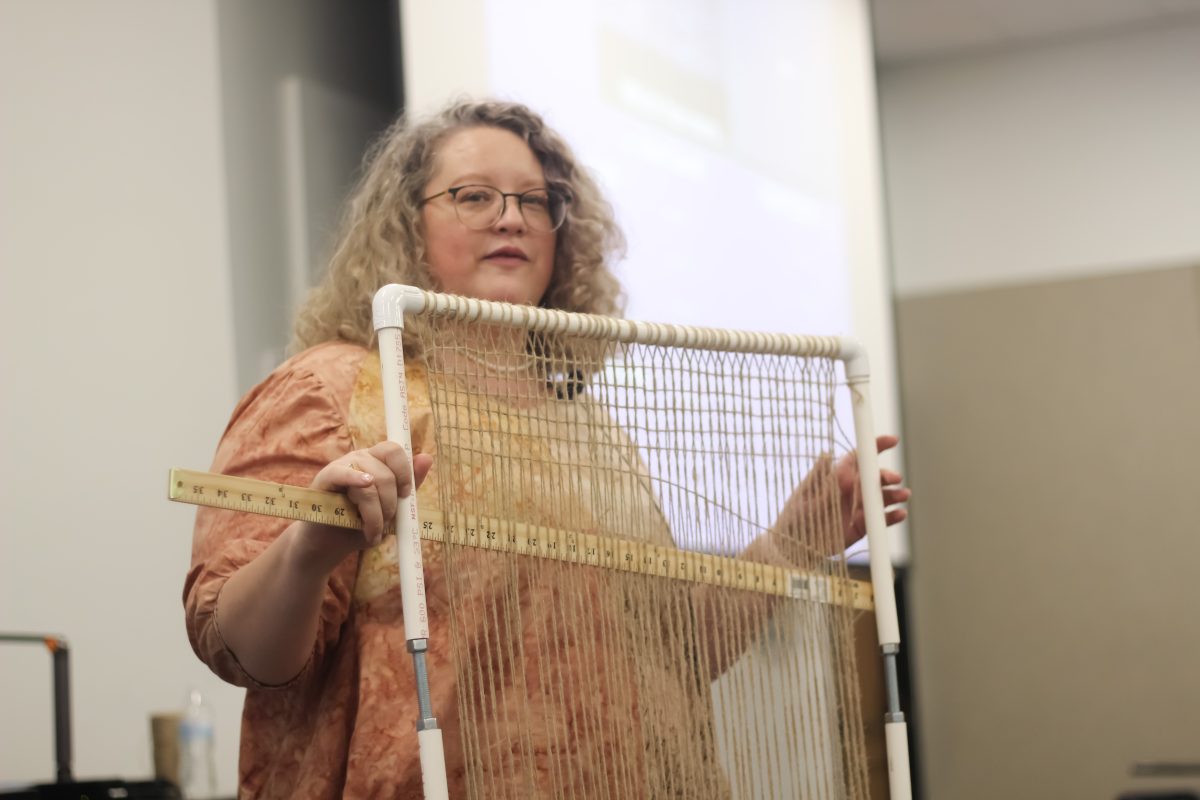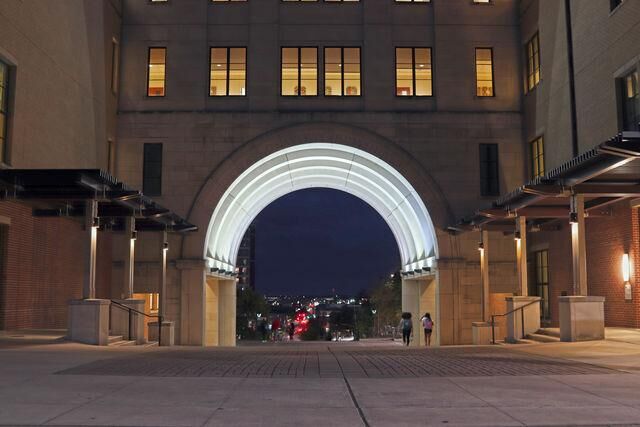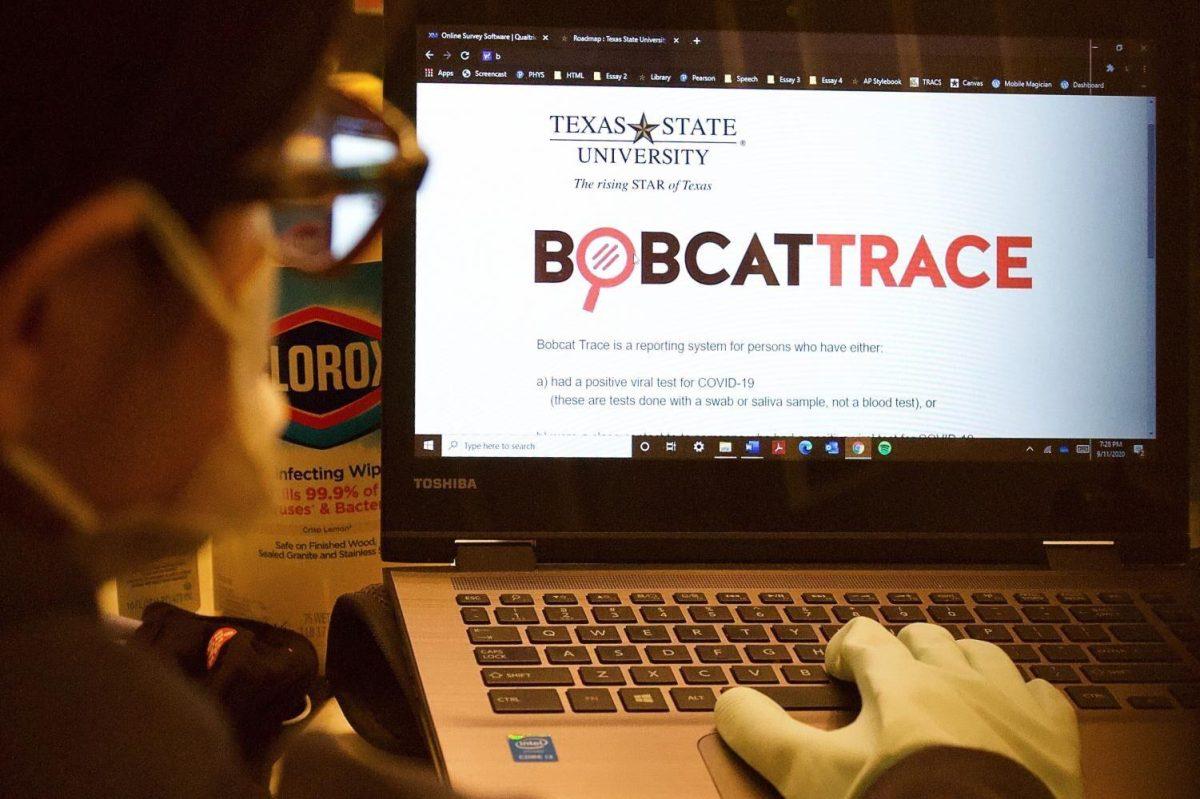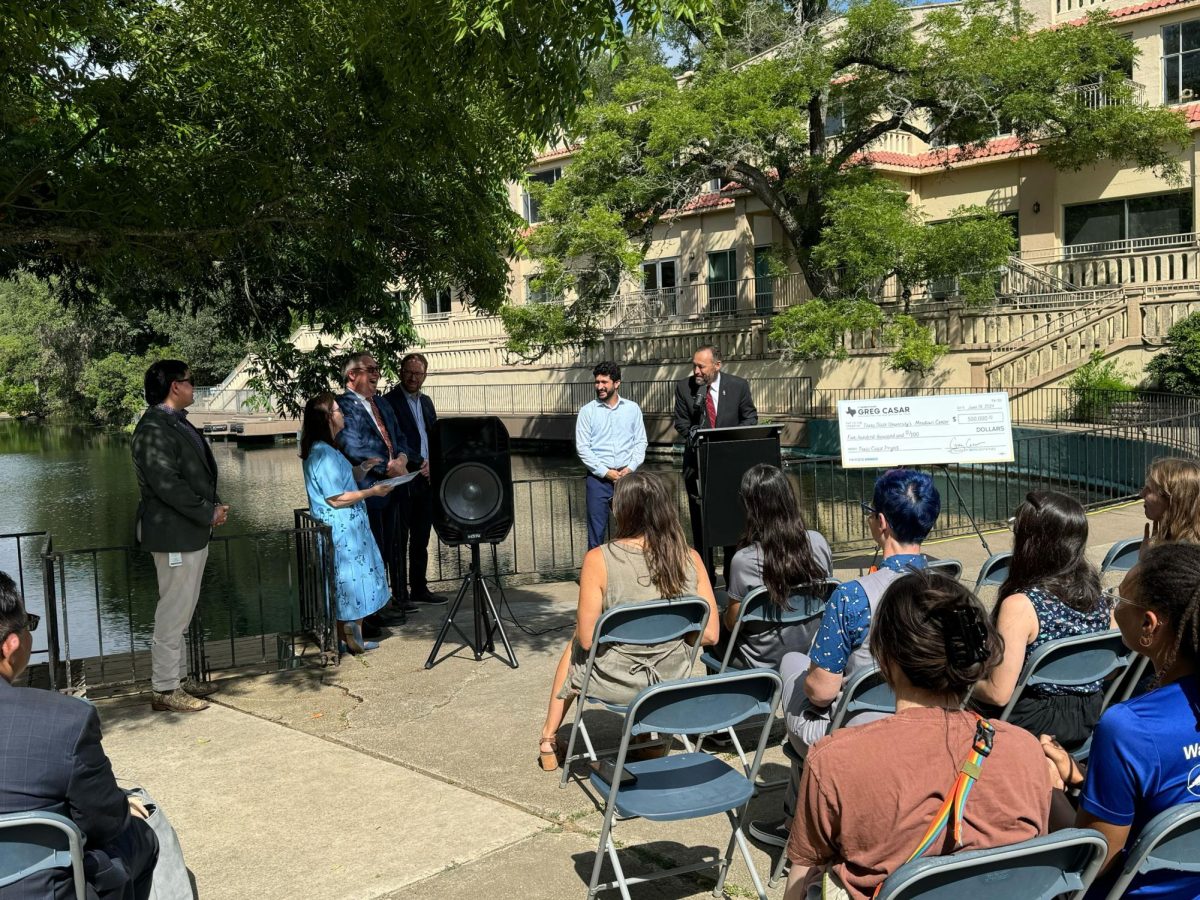The Texas Senate has passed SB 18, authored by Senator Brandon Creighton. The bill would ban the creation of new tenured positions or any other permanent faculty positions at Texas universities after Sept. 1, 2023, if signed into law.
In 2022, Lt. Gov. Dan Patrick vowed to eliminate academic tenure after the Committee of Counsel on Academic Freedom and Responsibility at The University of Texas Austin released a resolution stating that professors should be free to research any topic.
“Tenure, it’s time that that comes to an end in Texas,” Patrick said in a news conference last year. “Right now, tenure is reviewed about every six years, and pretty much anything you do in those six years, there’s nothing the university could do about it. They can’t fire you.”
Academic tenure in the U.S. began to take shape in 1940 with the Academic Association of University Professors’ (AAUP) 1940 Statement of Principles on Academic Freedom and Tenure. The idea was to create an almost permanent position that would allow professor’s to pursue any research, no matter how controversial, without having to worry about job security.
“I think that one of the things that tenure was created to do was to protect faculty to give them freedom of expression that would allow them to untangle complicated ideas,” Anadelia Romo, a history professor, said.
Under the current wording of the bill, no tenure positions could be created after Sept. 1, 2023. Many professors are on the “tenure track”, which means they are working towards tenure and would lose all progress made in that endeavor.
“This idea that like, you stay at the university for five years and you’re automatically going to get tenure, that’s completely false,” Omneya Nassar, a lecturer in the chemistry department, said. “And so people are working towards doing all of that, and then all of the sudden you are told, ‘Sorry, there’s no more tenure.’ You’re just going to [think] it was all just a waste of time.”
Proponents of the bill have said that tenure makes it unnecessarily difficult to fire professors who have substandard performance, bloat the cost of universities and lead to the professors becoming “out of touch.”
“Tenure was originally intended to protect academic freedom and recruit professors, however over the years, the practice has devolved into a costly perk that is detrimental to innovative research and quality instruction and if abused, used as an attack against the brand of the university itself,” Creighton said in a statement.
Critics of SB 18 are worried that the bill may cause top level academics to leave Texas universities for jobs in the private sector or in institutions of higher education outside the state.
“So with job searches, we’re looking for the best candidates, but they’re also looking for the best universities. So the question is, ‘Can we keep attracting talent if we don’t have the basic first amendment and job security protections that are built into every top research institution in this country?'” Romo said.
Many of the critics of the bill also worry that it could create a fluctuating cast of professors, which could lead to disconnect between faculty and students and more classes being taught by less experienced professors.
“I’m worried that another issue that could occur is high turnover. So you’ll have a professor come in and get the skills and knowledge that they want to get and then go to a company or to another institution to work there,” Nassar said. “And when you get high turnover, now you’re constantly going to have inexperienced teachers.”
According to a statement by the AAUP, Texas is not alone in it’s attempt to end tenure, joining Florida, Ohio and North Dakota.
“Tenure is a means to certain ends, specifically, freedom of teaching and research and of extramural activities, and a sufficient degree of economic security to make the profession attractive to men and women of ability. Freedom and economic security, hence, tenure, are indispensable to the success of an institution in fulfilling its obligation to its students and to society,” the AAUP said in a statement.
SB 18 is still currently in hearings in the Texas House of Representatives.
Texas Legislature advances plan to phase out academic tenure
May 15, 2023
Texas State tenured professor Jill Pruetz takes a final exam from student to be graded, Monday, May 8,2023, in LBJ Teaching Theater.
Donate to The University Star
Your donation will support the student journalists of Texas State University. Your contribution will allow us to purchase equipment and cover our annual website hosting costs.











